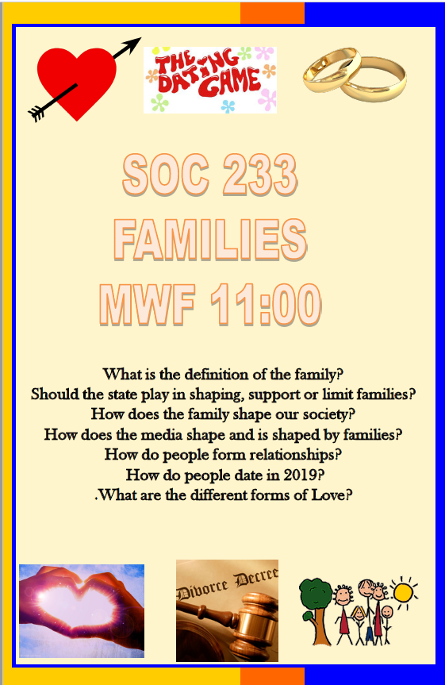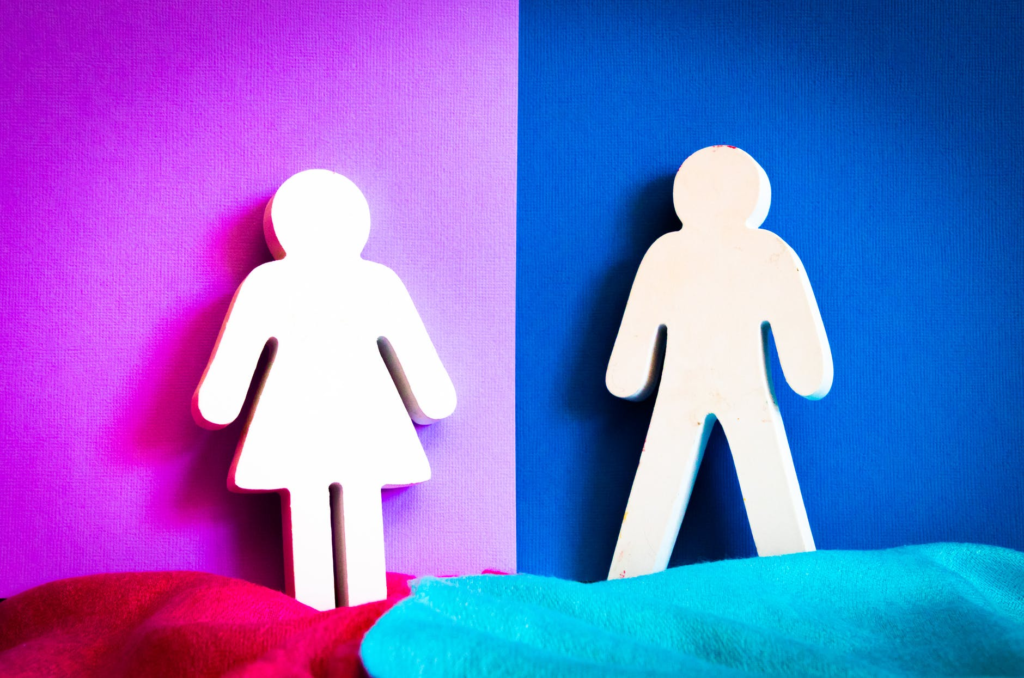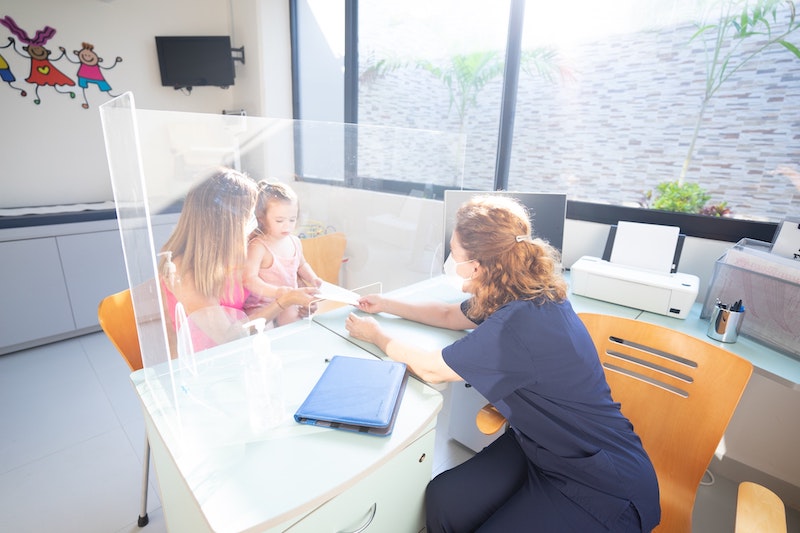Senior Seminar: Learning from the Margins (IDS 492-04)
MW, 4:00-5:20 with Professor Rodrigo Serrao

Did you know that around the world, many colleges and universities read and reproduce eurocentric ways of knowing that are considered universal knowledge? Did you also know that such epistemologies only represent a small fraction of knowledge production? Hence, this course takes the question posed by Gayatri Chakravorty Spivak in 1999, “Can the subaltern speak?” earnestly. But who is the subaltern? In postcolonial studies, the term subaltern describes those at the margins of power or the “Other,” broadly speaking. In this seminar, I propose not only to let the subaltern speak but, more importantly, to let Hope students listen to and learn from voices from the margins. We will do this by reading Miguel De La Torre’s The Politics of Jesús: A Hispanic Political Theology; Frantz Fanon’s Black Skin, White Masks; Karla Cornejo Villavicencio’s The Undocumented Americans; and James Cone’s The Cross and the Lynching Tree, among others.
Sociology of the Family (SOC 233)
MWF, 11:00 – 11:50 with Professor Pamela Koch

“In a time when nothing is more certain than change, the commitment of two people to one another has become difficult and rare. Yet, by its scarcity, the beauty and value of this exchange have only been enhanced.”
— Robert Sexton
How many kids are too many? What age is the best time to start a family? Is there such a thing as a “perfect” family? Is polyamory and/or polygamy an ethical option in modern society? These are the questions and more that we will tackle in this course. Family Sociology looks at dating, love and mate selection with emphasis on the role of gender and sexuality with a sociological lens.
Sociology of Gender I & II (SOC 271/272)
TR, 9:30 – 10:50 with Professor Shanna Corner

In Sociology of Gender I, we will examine examine the different roles prescribed to individuals on the basis of sex. In particular, we will focus on the role of socialization and social institutions. We will consider the consequences of women’s and men’s assigned roles for their home and family life, work roles and achievements, media portrayals, and religious practices. This course fulfills SS2 and 2 credits of the cultural diversity requirements.
In Sociology of Gender II, we will build on what we learned in the first half of the course, examining popular gender theories and further discussing the impacts of gender roles and related factors on people’s lives.
To enroll in SOC 272, students should also register for SOC 271, or have taken this course in the past.
Medical Sociology (SOC 333)
TR, 9:30 – 10:50 with Professor Aaron Franzen

Ever wondered how relationships or communities influence individual health or health trends within populations? Ever wonder what happens during medical school and how medical professionals come to act and think alike? How different is this than the experience of being a patient, or whether or not different beliefs affect health choices and health outcomes? Do you wonder whether all countries argue about their healthcare system or just how other countries work in comparison to our own? Then take Medical Sociology where we will think through all of these topics!


